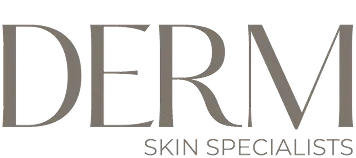Rosacea
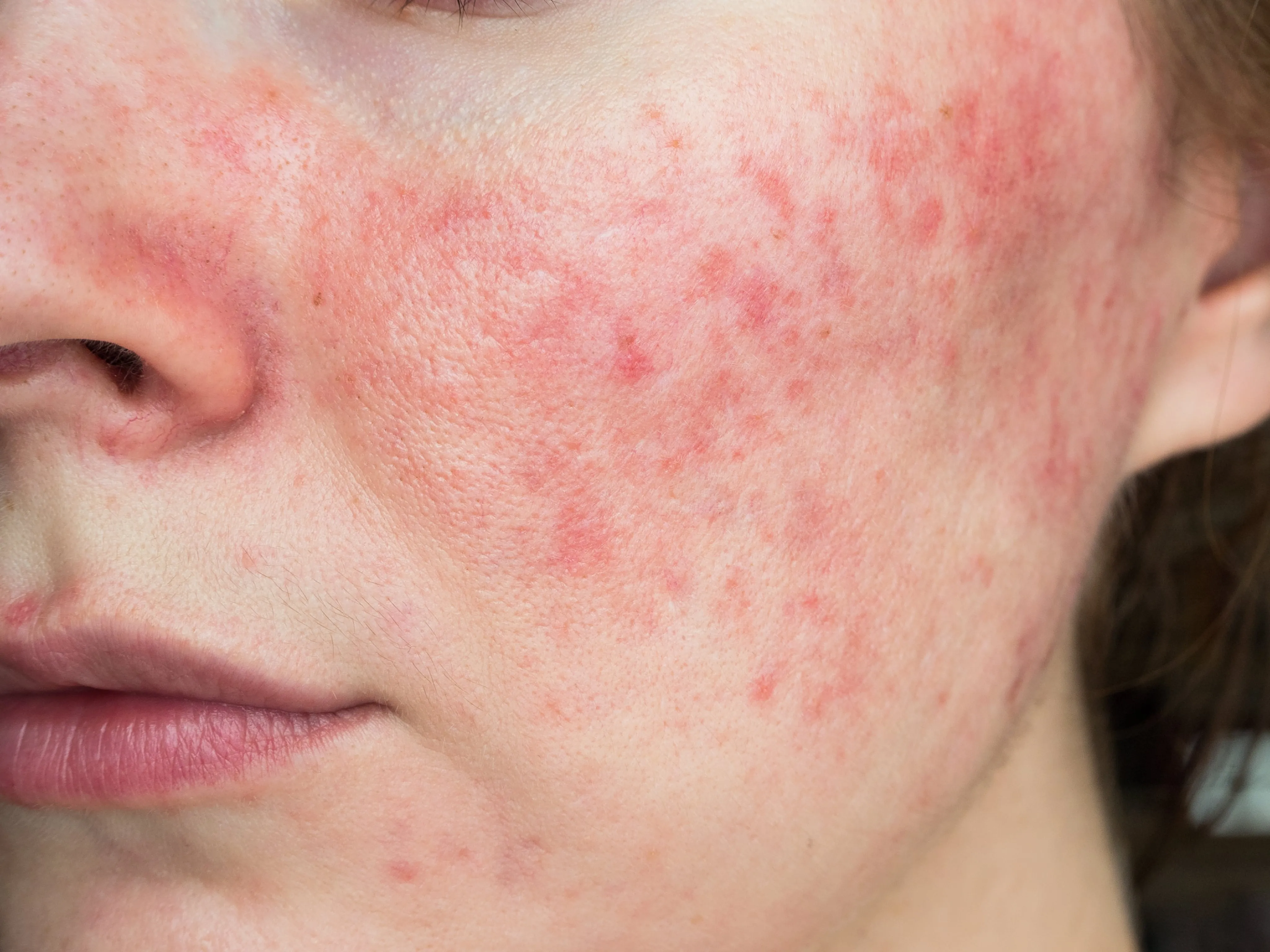
What is rosacea?
All medical procedures carry risks. Possible side effects include:
- Local pain, swelling or bruising
- Temporary weakness (especially in palm area) — discussed beforehand
- Rare: infection, allergic reaction
- Not recommended during pregnancy, breastfeeding, or in people with neuromuscular disorders
These risks and how to manage them are reviewed in detail during consultation.
How we treat rosacea
Our approach focuses on managing symptoms and preventing flare-ups, giving you smoother, calmer skin.
We use advanced laser technology, like the Derma V laser by Lutronics, to target the blood vessels responsible for redness and inflammation. This precision treatment works beneath the skin's surface, effectively reducing visible blood vessels and preventing flare-ups from becoming a recurring issue.
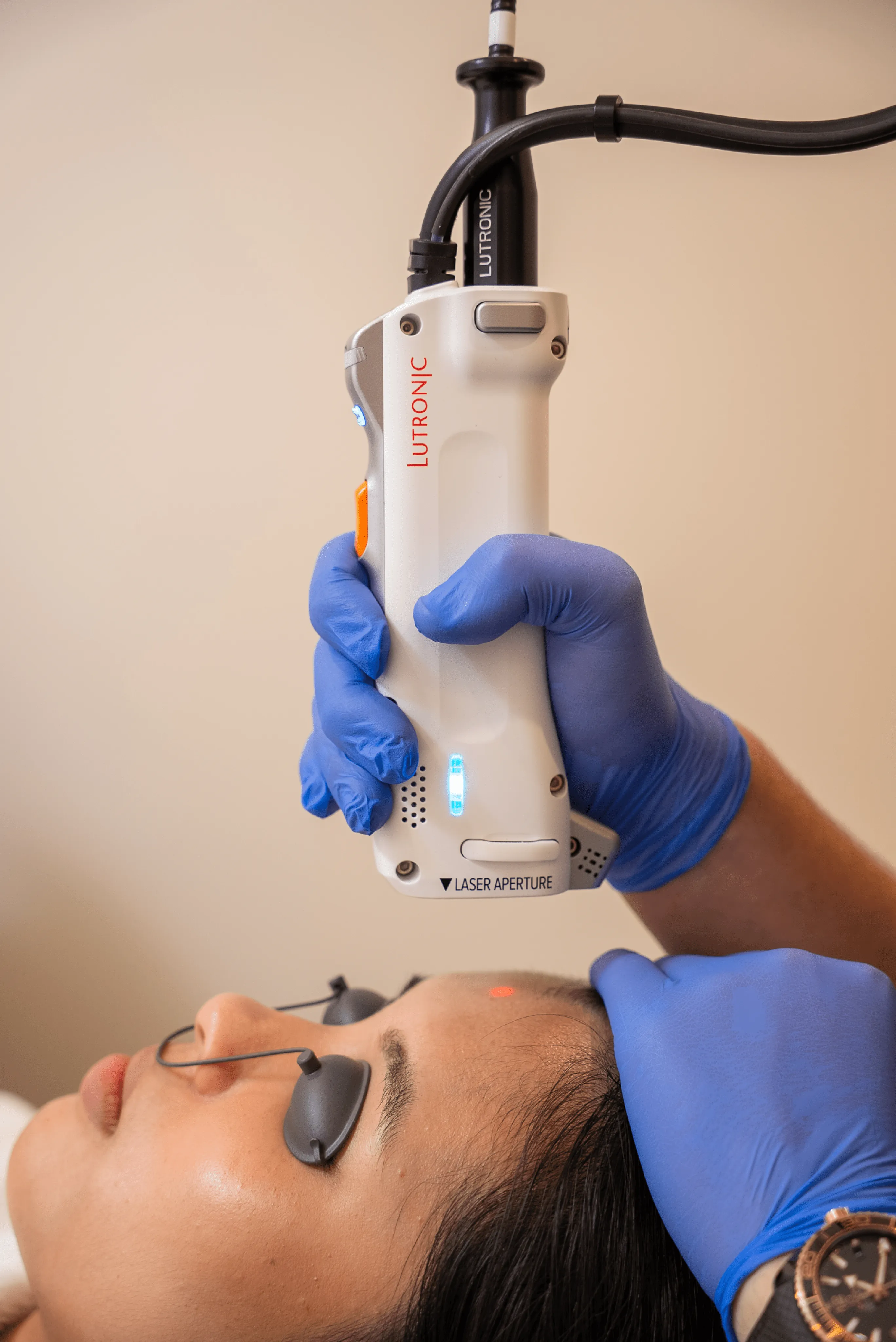
What to expect during treatment
Initial Consultation
We start with a thorough skin assessment to understand the severity of your rosacea and discuss your treatment options. This allows us to create a customised plan to suit your needs.

Laser Treatment
During the treatment, advanced laser technology is used to target the blood vessels causing redness and inflammation. Each session lasts around 20–30 minutes, and you may feel mild warmth or tingling.

Post-Treatment Care
After the session, you may experience mild redness or swelling, which typically fades within a few hours. You’ll be given clear aftercare instructions to ensure optimal results and comfort during recovery.
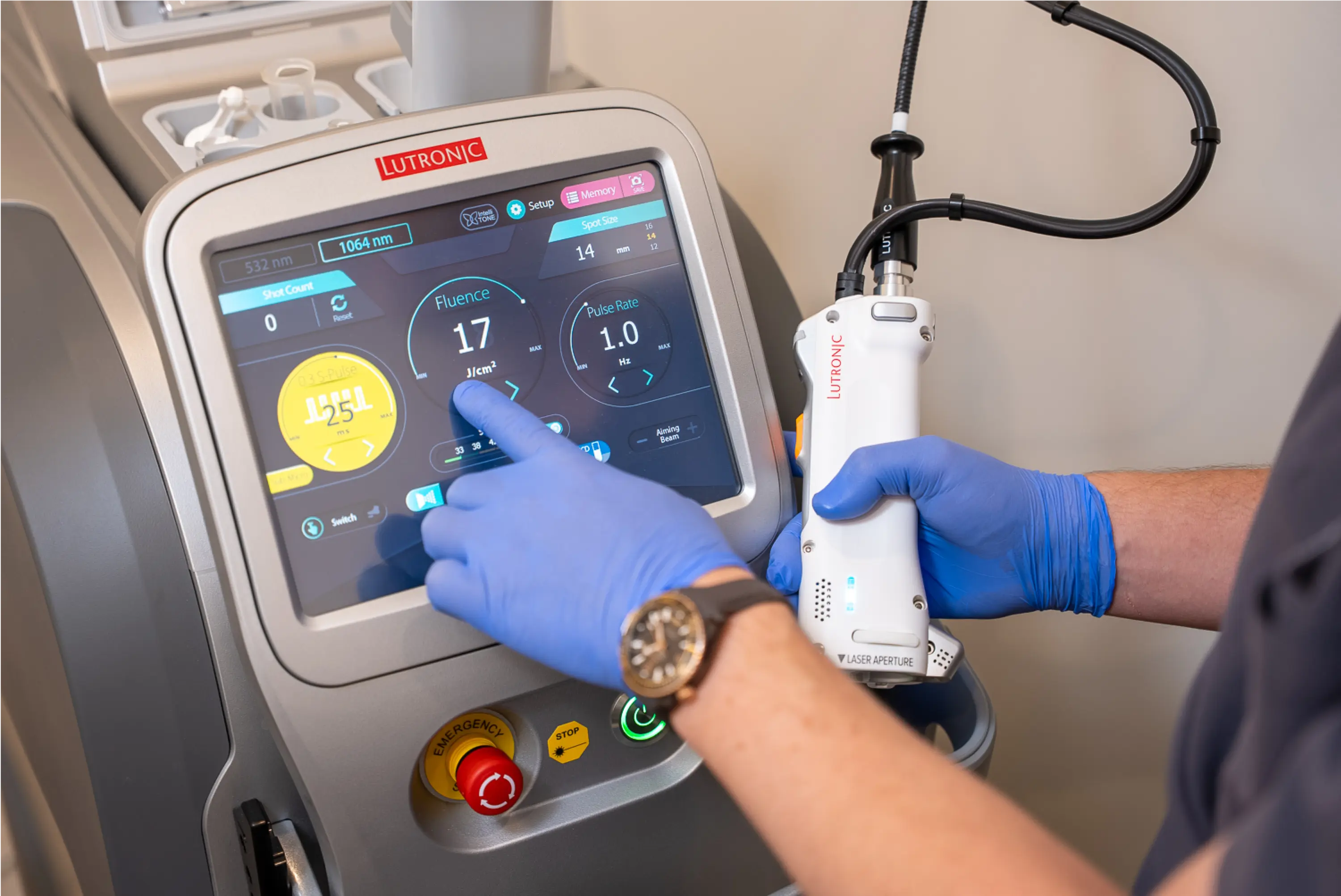
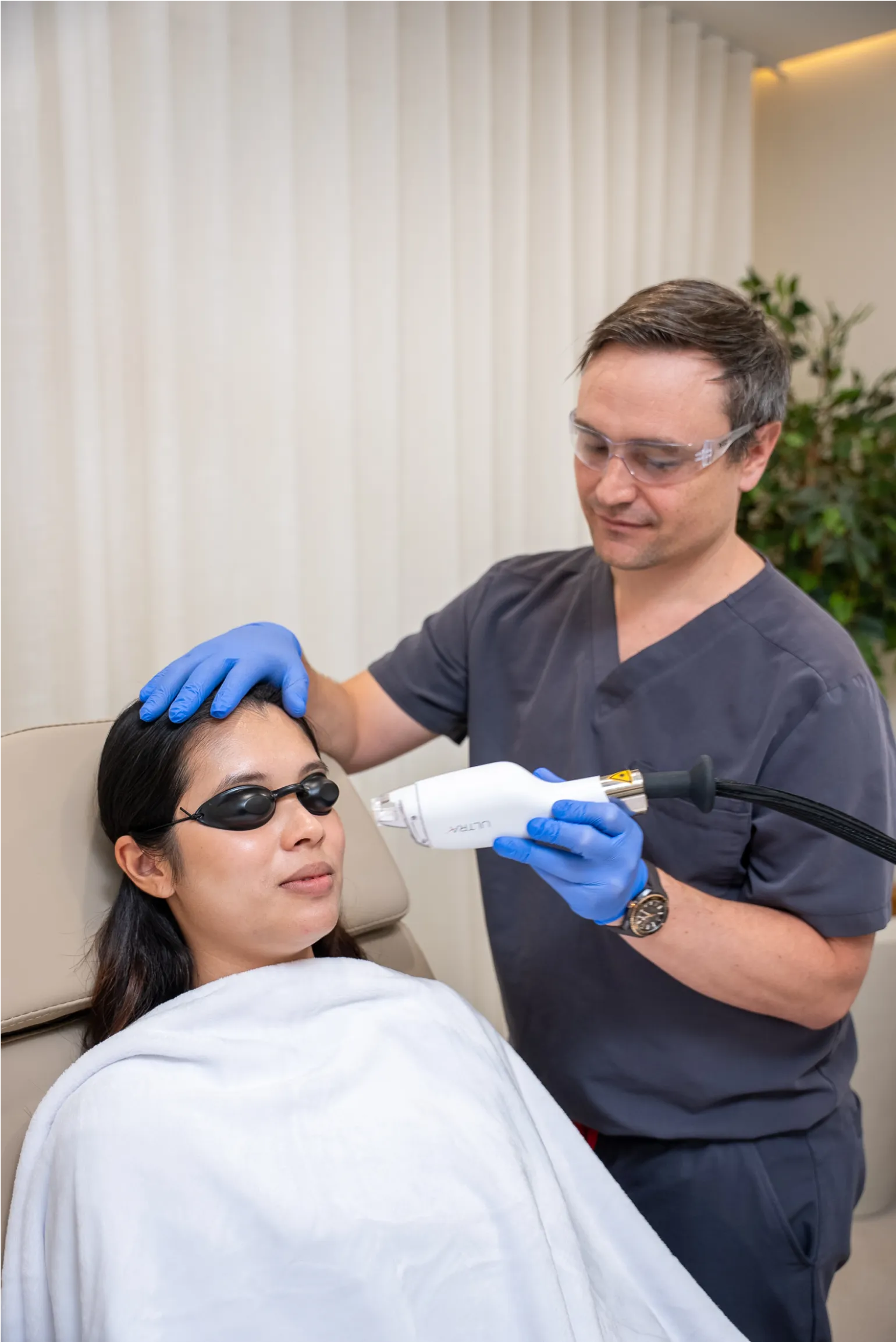
Who can benefit?
All medical procedures carry risks. Possible side effects include:
- Local pain, swelling or bruising
- Temporary weakness (especially in palm area) — discussed beforehand
- Rare: infection, allergic reaction
- Not recommended during pregnancy, breastfeeding, or in people with neuromuscular disorders
These risks and how to manage them are reviewed in detail during consultation.
Our most commonly asked questions
Rosacea is caused by a combination of genetic and environmental factors. Triggers can include sun exposure, stress, temperature changes, certain foods, and hormonal fluctuations.
Common symptoms include persistent redness on the face, visible blood vessels, and irritation, often around the cheeks, nose, and forehead. If you're unsure, a consultation with a dermatologist can provide clarity and a proper diagnosis.
Yes. We use the latest laser technology designed specifically for rosacea, targeting redness and visible blood vessels with minimal side effects and downtime.
The number of treatments depends on the severity of your rosacea. Typically, patients require several sessions spaced a few weeks apart, with noticeable improvement after each treatment.
While rosacea can’t be completely cured, it can be effectively managed. Our treatments focus on controlling symptoms, preventing flare-ups, and helping you maintain clear, balanced skin long-term.
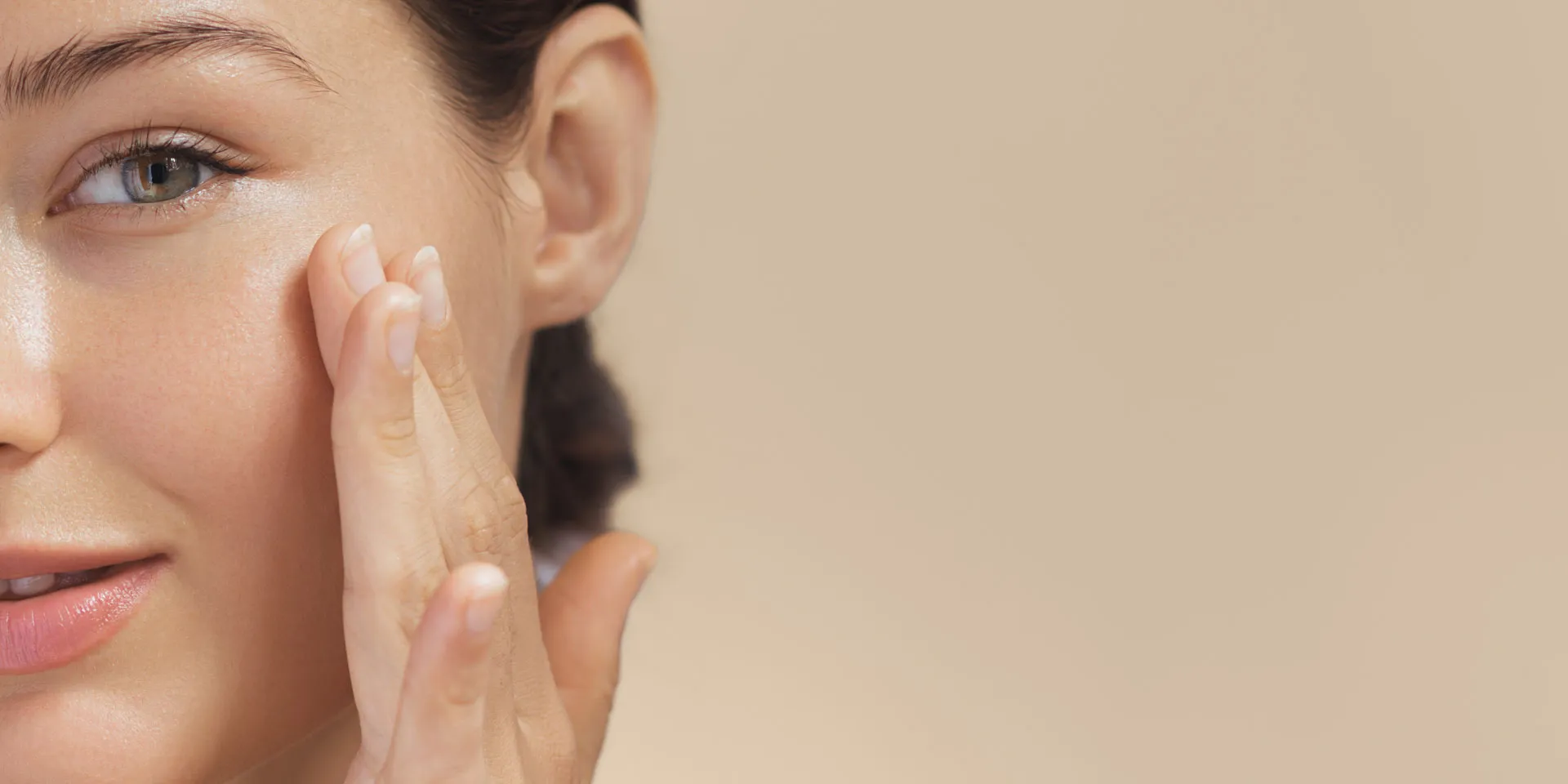
Ready to take the next step in your skincare?
Whether it’s pigmentation, scarring, rosacea or skin cancer, we’ll provide a clear diagnosis and a treatment plan tailored to your skin’s needs. Call us today or book a consultation to start your specialist care.
